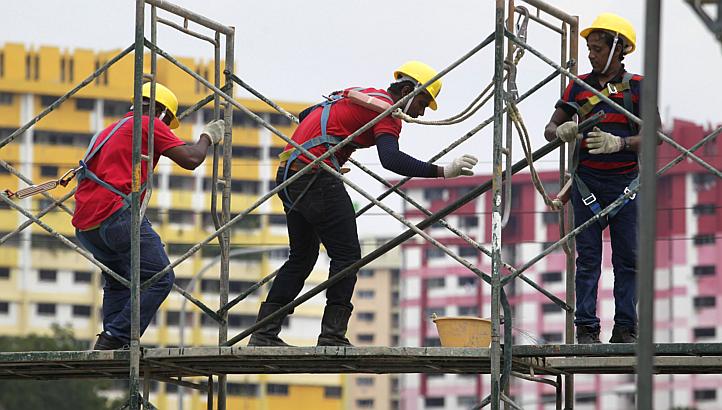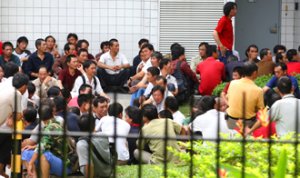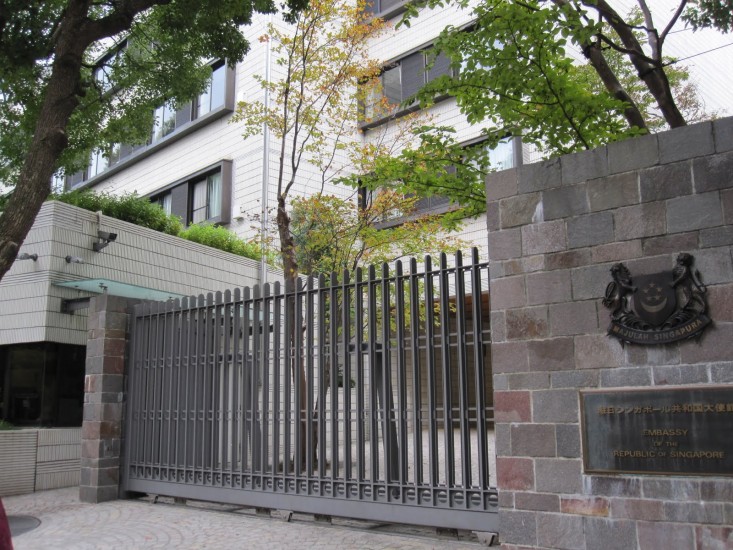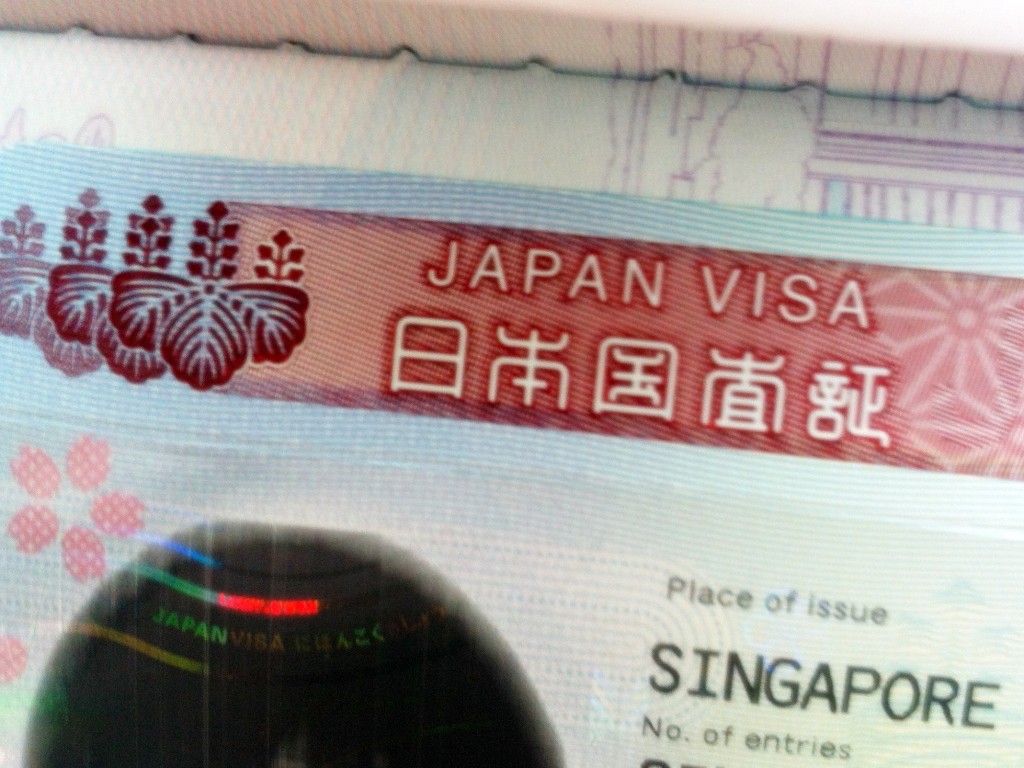No Foreign Worker Abuse
Posted by Editor in Employment, Latest News on May 8th, 2014 | 0 commentsOn January 20, 2014, Acting Minister for Manpower Tan Chuan-Jin faced the Parliament and denied the accusations that foreign worker abuse is prevalent here in Singapore. Foreign media and civil activists saw the riot that happened on December 8, 2013 the uproar of unsatisfied, abused and exploited foreign workers. If you can remember, there was a riot in Little India that involved four hundred rioters. The angry mob attacked emergency response cars and law enforcers.

The government handled the riot well. The forces quickly contained the situation. After the restoration of order, the government put its attention in Little India and launched a temporary bill (called Public Order Bill) that gives law enforcement officers the power to search, review and ban individuals. The bill also gives officers authority to cancel and suspend licenses.
In the Parliament, Acting Minister for Manpower Tan mentioned a survey conducted by the ministry. In 2011, his ministry steered a survey that seeks to find the satisfaction of foreign workers here in Singapore. About 90% of 500 S-Pass holders and 3000 work permit holders were satisfied and contented with their work. In fact, 80% of the respondents desired to continue working.

It was mentioned earlier that foreign media and civil activists saw the riot as an uproar of foreign workers. The government is clear that the contributing cause to the riot was alcohol consumption not abuse, exploitation and other things. Tan also stressed that from January-November 2013, the ministry assisted more than 7000 foreign workers having difficulties with their permits or passes.
The ministry know that they are looking for ways to improve the lives of foreign workers. For example, the ministry will intensify penalties for companies that fail to compensate the workers. Apart from that, the ministry is very keen on doubling the maximum penalties for companies or employers that break work pass conditions.

Japanese Returns to Singapore
Posted by Editor in Latest News on Mar 24th, 2014 | 0 commentsSingapore offers strong business opportunities for many countries. But when the Global Financial Crisis struck the market, some firms or companies pulled out. That is completely normal in the grand scheme of things but the good news now is that Singapore regained its speed. This drew old investors back. This is clearly a good sign.

You should know that some Japanese firms returned here to enjoy the opportunities and forge stronger alliances. This simply means that their confidence grew. As stated by the Japanese Embassy based in Singapore, the gradual return simply shows that Singapore is recovering from the Global Financial Crisis which attracted firms and companies.
If you are curious as to why the Japanese (and other businessmen) choose Singapore, here’s an idea:
Greater coverage
Many Japanese firms or companies consider Singapore because of its greater coverage or reach. For companies who want to reach the Association of Southeast Asian Nations (ASEAN) countries, Singapore is the perfect place to set up regional offices. The region is hard to ignore especially that there are many growing economies nearby. Big markets around the country include Malaysia and Indonesia.
Stronger yen
Japanese yen is getting stronger every day. If the currency is strong, the purchasing power is also strong. This will eventually lead to a company’s potential investments and other ambitions. It is important for the local currency to be strong.
Workforce
The Japanese firms or companies have two choices- hire Japanese residing in Singapore or hire Singaporeans. Either way, the workforce of Singapore is undeniably talented. The talents are readily available which will make things easier and faster. It is worth mentioning that the workforce here in Singapore is earnest and positive. For Japanese citizens looking to work here, Singapore offers many reasons to stay.
The overall picture
According to the EDB (Economic Development Board), in 2013 Japan accounted 7.2% (or S$ 0.6 billion) in TBE (Total Business Expenditure) and 5.5% (or S$ 0.7 billion) in FAI (Fixed Asset Investments). In 2008, there were only 719 Japanese companies here in Singapore but in 2013, it rose to 760. Along with that, the Japanese citizens working here also increased from 25,969 (in 2007) to 31,000 (in 2013).
Japan is one of the strongest economies here in Asia. The fact that they trust Singapore is a big thing. Singapore indeed presents a better living standard and higher professionalism. If you are working here, do not forget to ensure your Employment Pass and other labour conditions.


